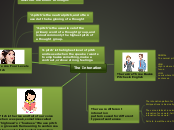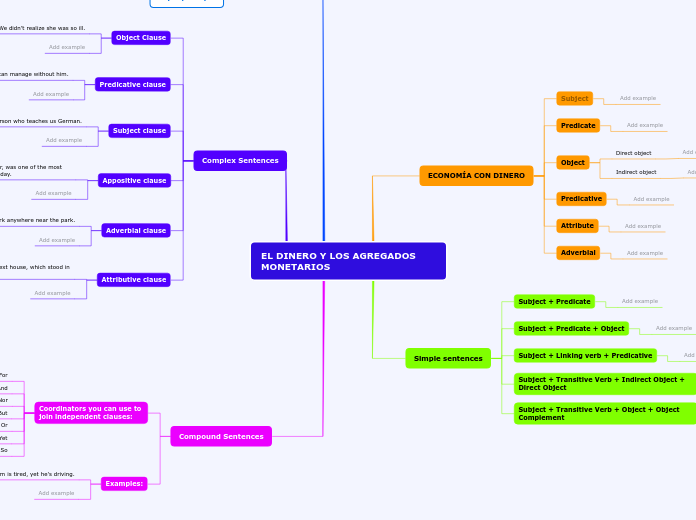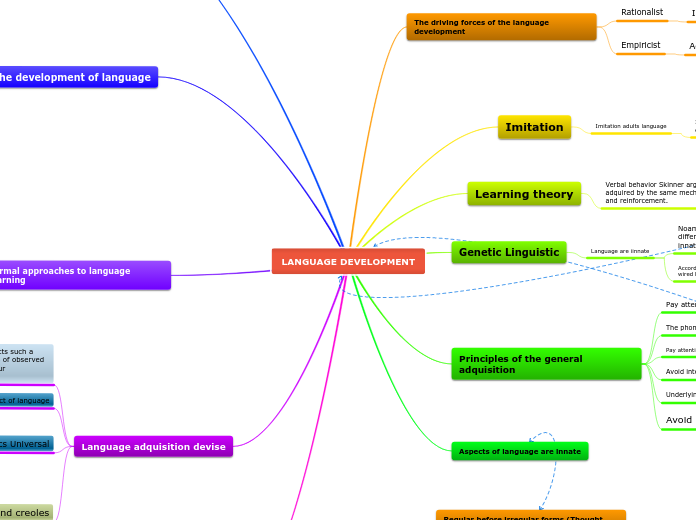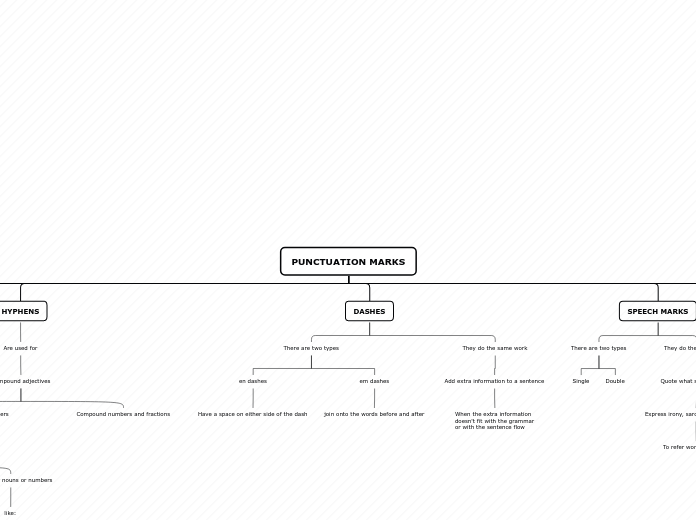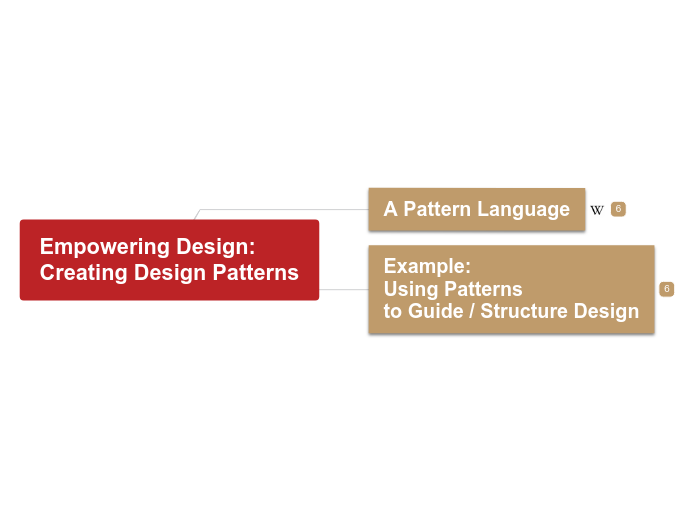av Carlos Ramirez 8 år siden
1008
The Intonation
Pitch, often referred to as 'highness' or 'lowness,' plays a crucial role in verbal communication, giving subtle meaning to sentences. This use of pitch is known as intonation, though the terms are frequently used interchangeably.
